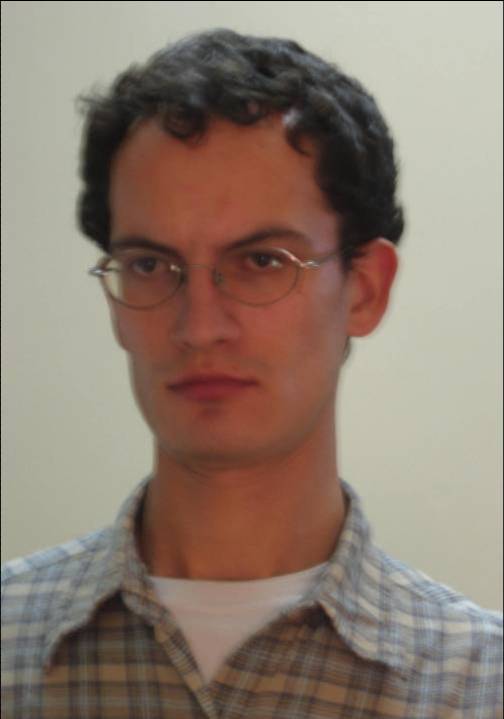From the distance of two generations, Jacques Derrida's On Grammatology draws a historical perspective that reaches from the present for himself moment to the beginning of the Western Europe in the Greek and Roman empires. One could only imagine how the availability of certain texts, privileging of certain languages over others, and preeminence of one tradition within European, and briefly global, cultural context has shaped the picture that Derrida saw as drawing to its close.
As it were, he was stepping out of the limits of the world as picture and representation in a move that can be broadly compared to the transition from the modern to contemporary art. For France, and the host of other countries, 1967, the year Derrida has published the work in Paris, has been the annus mirabilis in that it ushered in the transformations of the next year that left no stone unturned in French society at least.
These self-same 1960s as a decade would bring into the exhibition spaces such media as photography, video, and installation that while formally continuing the developments in modern art have pushed the possibilities bequeathed by its archive to their limits. There must lie the response to the accusations in conceptual formalism that an attempt to structurally relate these novel artistic media to painting, sculpture, architecture, and theatre of modern art seems to belie.
Rather than expandable ad infinitum the combinatorial coupling of any two terms into which artistic media hybridize on contact, as would, for example, painting and sculpture into installation, can signify the transition from voice to writing as guiding paradigms of the whole artistic archive. Moreover, the artistic archive in its contemporary realization must have been born at the moment of transition from the logocentric media of modern art to the artistic media that take as their point of departure writing as signifier of absence.
The heavy theoretical load that artworks have suddenly began to carry points to the change in the episteme beyond itself since only that way one form of relationships between representation and knowledge can give way to completely another one. Such momentous transition, to the extend that second modernity captures the revolutionary transformations that it portends, comes laden with social, political, and economic implications that can amply fall into the kind of order that Michael Hardt and Antonio Negri have described in Empire.
The closure of the Western European civilization as a mode of imagining in a whole variety of fields is on a scale of the global transformation that Greco-Roman empire and its successors have wrought over the course of more than three thousand years. Post-Enlightenment condition that Perniola identifies equals from this perspective the rise in simultaneous availability of multiplicity of cultures and civilizations thus putting Western Europe under critical self- and other-scrutiny.
Subscribe to:
Post Comments (Atom)

No comments:
Post a Comment